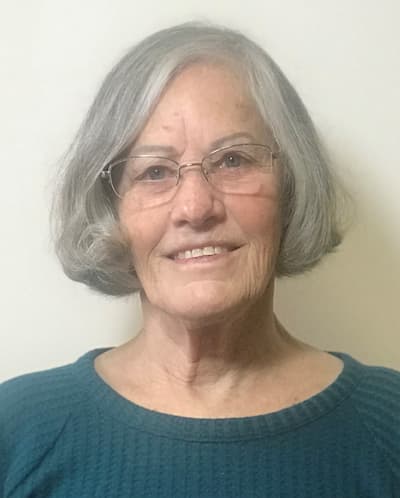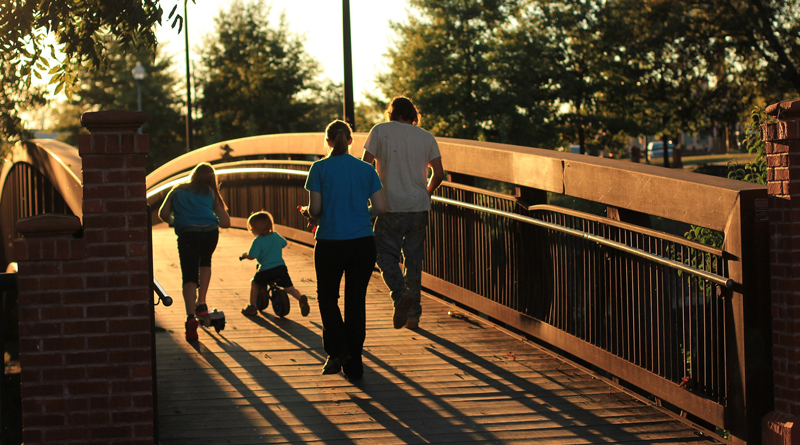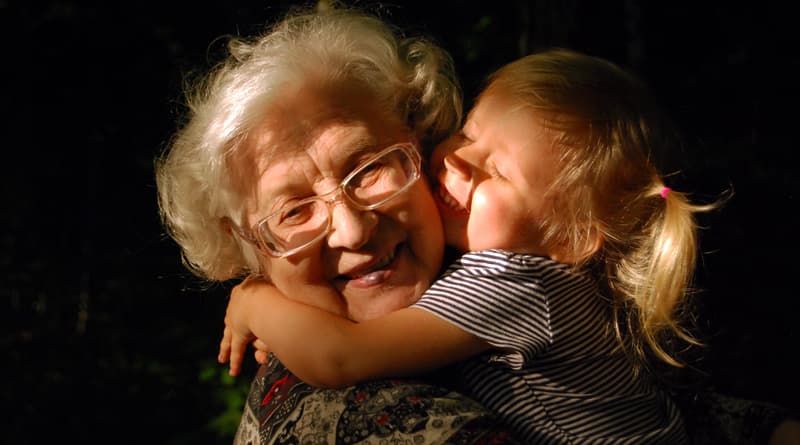
My Life with Inattentive ADHD
By Cynthia Hammer
Inattentive ADHD: The Diagnosis
In 1992, when 49 years old, I was diagnosed with ADD (which I now call Inattentive ADHD) by the pediatrician who saw my son each month for his ADHD. My diagnosis was a shock to me as I wasn’t aware that I was different from others, although occasionally someone would say to me, “You’re different.”
I knew that, at times, I rubbed people the wrong way, but I thought that was just me. When I asked my husband about my ADHD, he said he knew I was impulsive, but he thought it was just the way I was.- I was crestfallen when I got diagnosed as I didn’t recognize the problems having undiagnosed Inattentive ADD created for me.
A Whole New Life
When the pediatrician diagnosed me, he said, “I envy you. You get to live a whole new life.” I didn’t believe that learning I had ADHD was something to envy, but, with time and developing new habits, my life improved in many ways. Eventually, I realized I was living a whole new life, achieving in ways that were beyond my reach before my diagnosis. I also realized that I was lucky to be an adult in 1992 as there was little awareness that ADHD existed in adults.
After I read the first book written about adults with ADHD and attended the first national conference for adults with ADHD, I started a support group in my community, Tacoma, Washington. I obtained free meeting space in a local hospital, and promoted the support group in psychiatrists’ offices. But a support group meeting where we sit and share our experiences and receive support from the people in attendance didn’t work out. There was too much variability in the attendees’ life challenges. It was hard to find common ground. Within six months, the support group sputtered out.
Creating Resources
But I started again, with a new format, a monthly meeting in a large hall, with a speaker each month on a topic of interest to adults with ADHD, followed by a Q&A. From there, our organization, ADD Resources, grew, became a non-profit, hosted annual conferences with national ADHD authorities as presenters, sold books and other ADHD materials, published “The Adult ADHD Handbook,” a benefit of membership, and created a lending library of books, videos and audiotapes that members across the United States borrowed. ADD Resources, which I founded and led, existed for 18 years and helped many people improve their lives.
After leaving ADD Resources, I became an ADHD Coach, and although I enjoyed coaching, I lacked the drive to make it a successful business. I never got beyond offering my coaching services for free.
But when Covid required isolating at home, I wrote a memoir/self-help manuscript titled, The Circular Staircase, Living with A.D.D. ( I am still waiting to learn if a publishing company will print it or if I need to self-publish.) To update my knowledge about ADHD, since it was over 10 years since I was last involved, I visited websites and attended webinars. It was reading a guest blog at ADDitude magazine that changed my retirement life. A 23 year old girl wrote that she was angry that she hadn’t been diagnosed when a child. She was lamenting what she could have been if only she knew years earlier. Even when an ADHD diagnosis was considered, she was told she was too smart to have ADHD. Children with inattentive ADHD, rarely cause problems in the classroom. This is the explanation for their under-diagnosis during childhood.
I also learned that adults, who hear a podcast or view a video or read an article, start wondering they have Inattentive ADHD, but when they see clinicians for help, the clinicians mis-diagnose them with depression or anxiety. It often takes months or years before the clinician finally accepts that these patients have ADHD and need to be treated with other medications.
Understanding Inattentive ADHD
When I learned about the under-diagnosis of Inattentive ADHD, it spurred me into action. At age 78, I started a new non-profit, the Inattentive ADHD Coalition, with a website at www.iadhd.org. Our mission is for children with Inattentive ADHD to be diagnosed before age 8 and adults with Inattentive ADHD to be readily and correctly diagnosed when they seek help.
Being executive director of this new organization is challenging, rewarding, scary and fun. There is much to learn about social media, connections and ways to move our mission forward.
Here are the symptoms as detailed in the DSM-5 for ADHD-Inattentive Presentation: Inattention: Six or more symptoms of inattention for children up to age 16 years, or five or more for adolescents age 17 years and older and adults; symptoms of inattention have been present for at least 6 months, and they are inappropriate for developmental level:
- Often fails to give close attention to details or makes careless mistakes in schoolwork, at work, or with other activities.
- Often has trouble holding attention on tasks or play activities.
- Often does not seem to listen when spoken to directly.
- Often does not follow through on instructions and fails to finish schoolwork, chores, or duties in the workplace (e.g., loses focus, side-tracked).
- Often has trouble organizing tasks and activities.
- Often avoids, dislikes, or is reluctant to do tasks that require mental effort over a long period of time (such as schoolwork or homework).
- Often loses things necessary for tasks and activities (e.g. school materials, pencils, books, tools, wallets, keys, paperwork, eyeglasses, mobile telephones).
- Is often easily distracted
- Is often forgetful in daily activities.
If these symptoms describe you or someone you know, suggest they visit www.iadhd.org. They might just get a whole new life.

Cynthia Hammer is the Executive Director of the Inattentive ADHD Coalition – www.iadhd.org.
She earned her Master’s Degree in Social Work in 1972. For many years she was a stay-at-home mom raising three sons while her husband spent long days at work as a general surgeon. She started a non-profit organization in 1993 to help adults with ADHD, and she recently started a different non-profit, the Inattentive ADHd Coalition to create more awareness of Inattentive ADHD. Visit it here: www.iadhd.org




